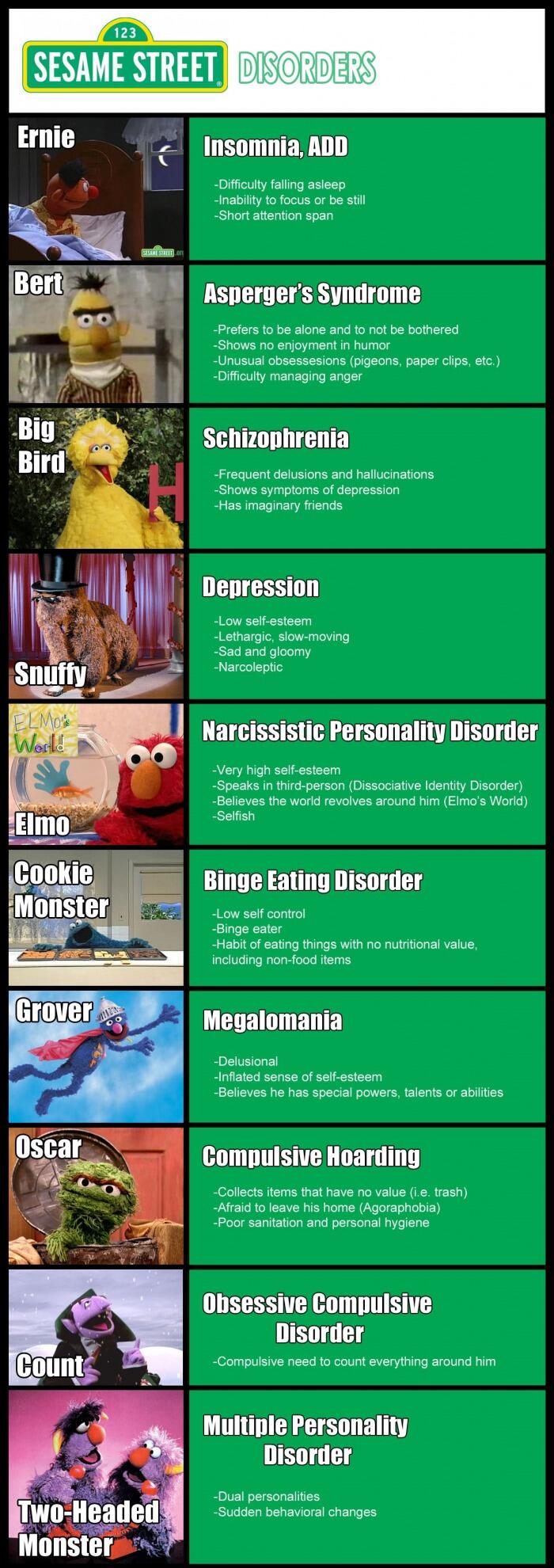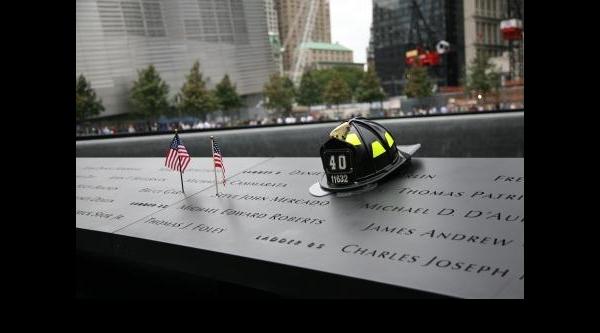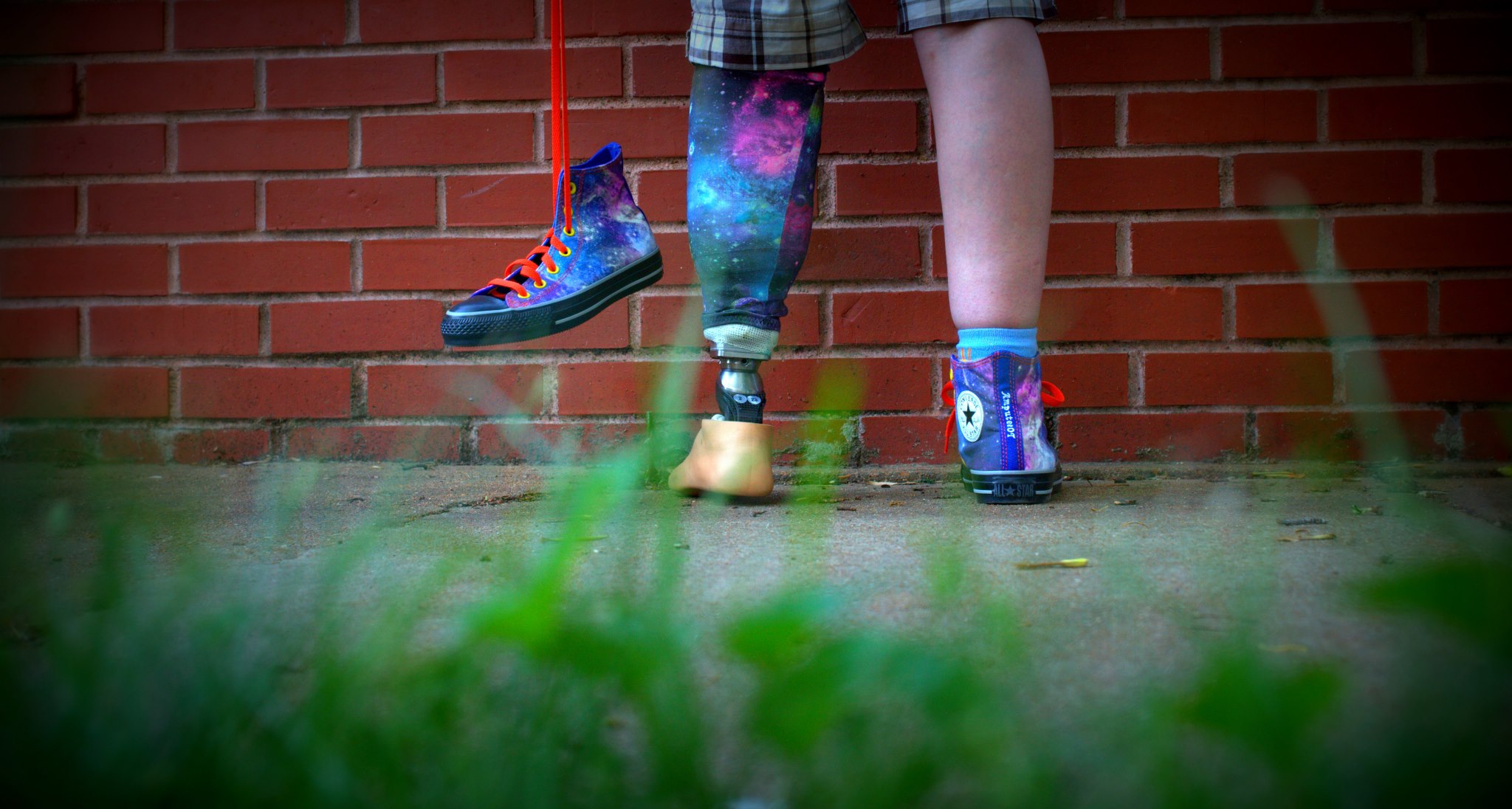This year’s seasonal depression comes with a twist. It’s not necessarily something new, but it’s something I’m more aware of these days: The calendar is filled with too many appointments.
Mood music:
When you have kids and a busy job, a lot of running around is expected. Lately, though, it seems like running around is all I do. Last week was a pretty good example: A medical appointment for me, two for Duncan (his therapist and new a new psychiatrist), a Scout meeting for each son and the school drop-offs and pick-ups.
It’s all normal, necessary stuff. I have to take care of my health, and we have to take care of our children. The school commute is the result of our choice to put the boys in a new school, and every parent these days is a taxi driver, running kids from one activity to the next. I don’t regret any of it. All the appointments for Duncan have especially been worth it, because we’ve gotten a clearer fix on his challenges and the best remedies.
But with the darkness of the coming winter and the rushing and running that come with the holiday season, each appointment feels like a hot pin prick to the eye.
I long for a week where I can just exist at home once the work day is done. It’s not going to happen, so I have to fall back on my coping tools.
It’s a funny thing about this time of year: I have a huge box of mental tools and know how to use them, but I’m so mentally tired that I have trouble finding the discipline to open the box.
I can’t let that continue, so I’m making a big effort to jolt myself out of the funk.
Last week I started increasing the breathing exercises I’ve learned. When commuting, my habit has been to use the tool of music therapy exclusively, cranking the metal to 11. But I have to add some variety, so I’m trying to do the music for part of the ride and the breathing exercises for the other part.
I’m making a point to play guitar for at least 30 minutes a day.
I’m re-introducing exercise into my regimen. In recent years I haven’t exercised much beyond walking because my food plan kept the weight in check without it. But I changed my eating plan earlier this year because I was getting bored. I didn’t up the exercise to match the increased portions, and as a result I’ve gained 15 pounds. I’ve started jogging laps around the garage, but Erin and I are looking to either buy an elliptical machine or get a gym membership. My new doctor is pushing me toward exercise, too; he isn’t happy with my borderline blood pressure and cholesterol.
Finally, I have a new therapist who is determined to help me build a fresh regimen for using all the tools. Appointments to see her involve 45-minute commutes back and forth, which adds to the overall stress. But she’s good, and I’m betting that the coaching she gives me balances things out.
It’s going to be a long winter. But with some luck, prayer and effort, it’ll be a healing one.




 Clay Hunt participating in a 2010 Florida ride with the Ride 2 Recovery veterans organization. Hunt, who was active in various public service groups, took his own life in March 2011. Photo by the Associated Press
Clay Hunt participating in a 2010 Florida ride with the Ride 2 Recovery veterans organization. Hunt, who was active in various public service groups, took his own life in March 2011. Photo by the Associated Press



 Photo courtesy of Amputee OT.
Photo courtesy of Amputee OT.
